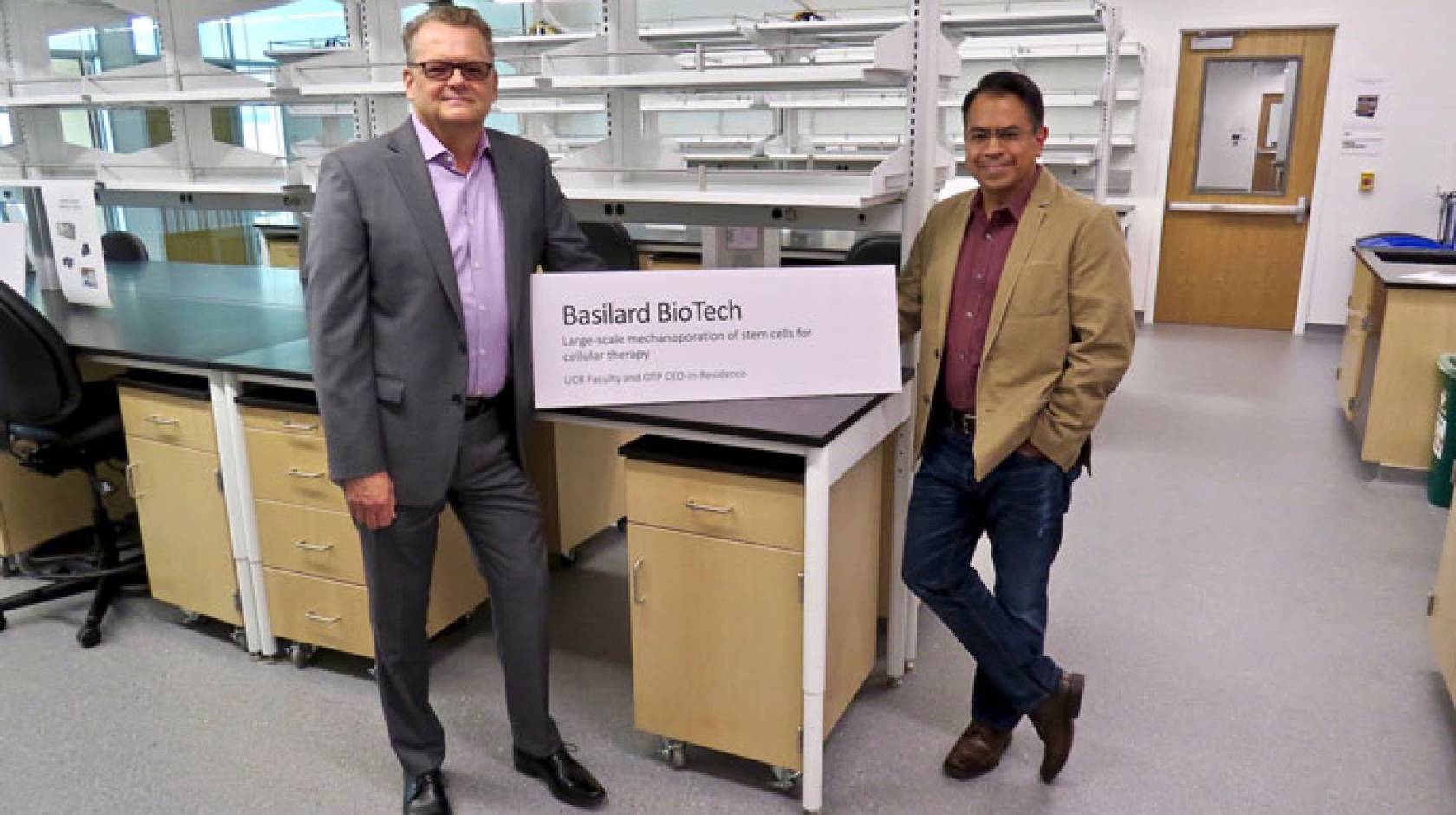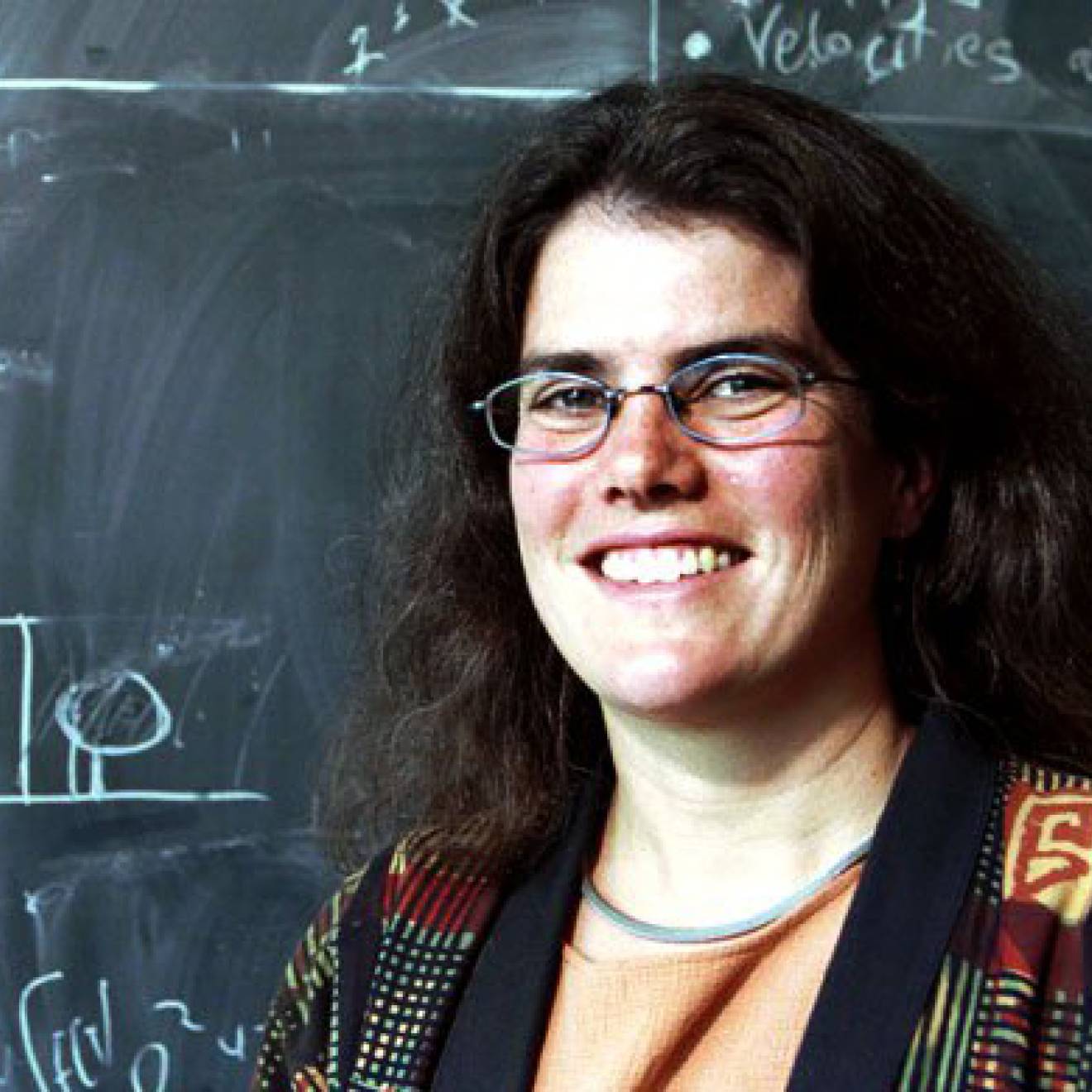Holly Ober, UC Riverside

Cellular engineering promises new treatments for cancer and other maladies. But most manufacturing processes propel the cost of these so-called “living drugs” into the stratosphere, far beyond reach of most people who need them.
A technology patented at the University of California, Riverside, and recently licensed to startup Basilard BioTech could bring these prices back down to earth.
The technology, developed by Masa Rao, an associate professor of mechanical engineering in the Marlon and Rosemary Bourns College of Engineering, minimizes damage to the cell in the manufacturing process. This enables both high gene delivery efficiency and cellular viability, a feat that most other approaches cannot match.

Credit: Basilard BioTech
Basilard spun out of Rao’s laboratory earlier this year. The company has obtained an exclusive license to commercialize the technology, which they have branded SoloPore. Basilard is seeking to develop it as a disruptive new platform for engineering ex vivo cell and gene therapies for cancer specifically, as well as genetic disorders and degenerative diseases more broadly.
“Basilard’s SoloPore technology is a differentiated solution that provides greater scalability, safety, efficiency, and versatility than prevailing gene delivery methods,” said Basilard CEO Brynley Lee. “This will allow us to reduce manufacturing cost, and therefore, bring these revolutionary therapies to more of those in need.”
Basilard is raising seed capital and working to build a commercial prototype. The young company is the first biotech instrumentation company to emerge from UC Riverside’s EPIC entrepreneurship incubator, which guides innovators through the commercialization and entrepreneurial process and helps connect them with investors.
“Within the span of less than a year, we’ve gone from a purely academic effort to the formation of a startup that’s on the cusp securing its first venture capital funding,” Rao said. “UC Riverside’s Office of Technology Partnerships has been instrumental in this rapid ascent.”
“We’ve worked hard for the past three years to accelerate technology translation and commercialization with entrepreneurial programs that have mentored more than 220 entrepreneurs and 120 startups in the Inland Empire since October 2016,” said Rosibel Ochoa, associate vice chancellor for technology partnerships. “Basilard’s quick rise is a sign that we are building a healthy entrepreneurial ecosystem that supports the growth of startups in our region.”

